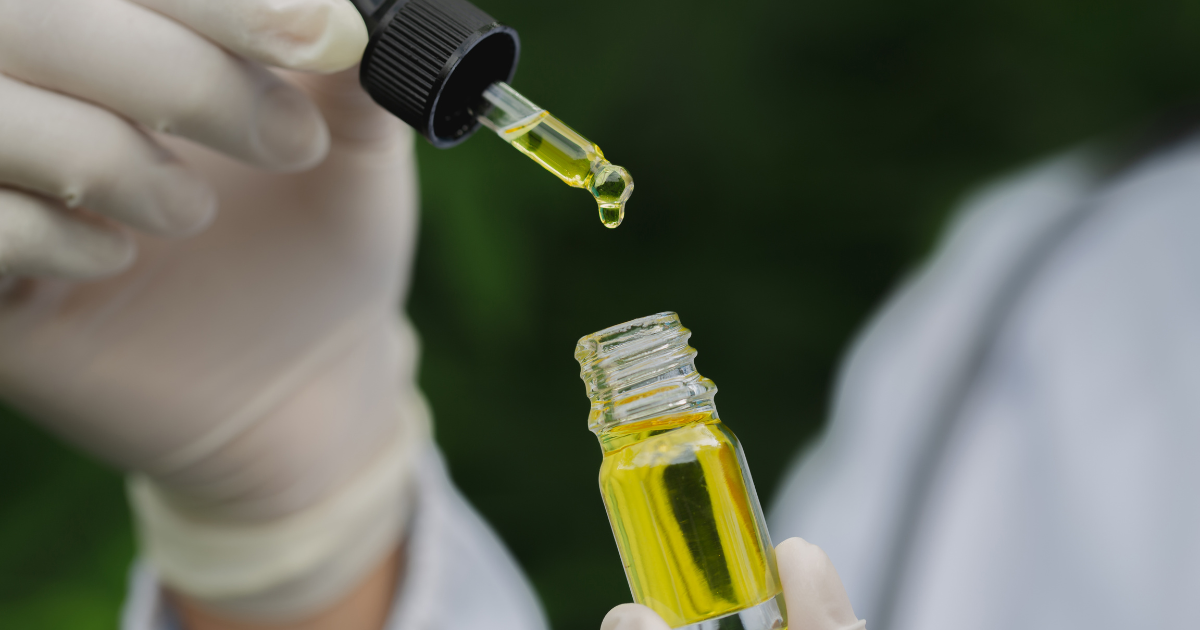A study by Mexico’s Center for Research and Advanced Studies of the National Polytechnic Institute and the Siglo XXI National Medical Center has demonstrated that cannabidiol (CBD) could reduce the impact of brain injury recovery.
The animal study, which aimed to demonstrate the effectiveness of hemp-based cannabidiol (CBD) in the treatment of Parkinson’s Disease, showed decreased extracellular glutamate levels. Glutamate, a neurotransmitter in the body’s nervous system, can lead to neurotoxicity when levels are abnormally high following brain injury, causing the death of neurons and loss of neural function.
Study leader, Dr Luisa Rocha, said,
“The results obtained in this study help to understand how the oral application of cannabidiol reduces excitotoxicity caused by long-term traumatic brain injuries and facilitates functional recovery. In fact, pre-injury CBD treatment was sufficient to lessen the aftermath of traumatic brain injury.”
“Through this controlled study, we were able to observe that the oral administration of cannabidiol during the seven days prior to an injury helped to avoid the over-release of glutamate that results from brain trauma, an effect associated with decreased mortality in neurons. In this study, it was also shown that the application of CBD helps sensorimotor improvement.”
This preclinical study, published in Pharmaceutics in 2022, was carried out on rats treated with oral administration of CBD (50, 100, or 200 mg/kg), with researchers stating “orally administered CBD reduces short- and long-term TBI-induced excitotoxicity and facilitated functional recovery.”
In the UK, CBD is available over the counter, and under private prescription by specialist doctors.
Read the full study: Cannabidiol Reduces Short- and Long-Term High Glutamate Release after Severe Traumatic Brain Injury and Improves Functional Recovery
Learn more about brain injury rehabilitation
A brain injury can affect nearly every aspect of a person’s cognitive, perceptual, emotional, behavioural and physical function. It can alter the ability of the person to see, speak, taste, swallow, smell, move, touch, express ideas, plan and execute tasks.

